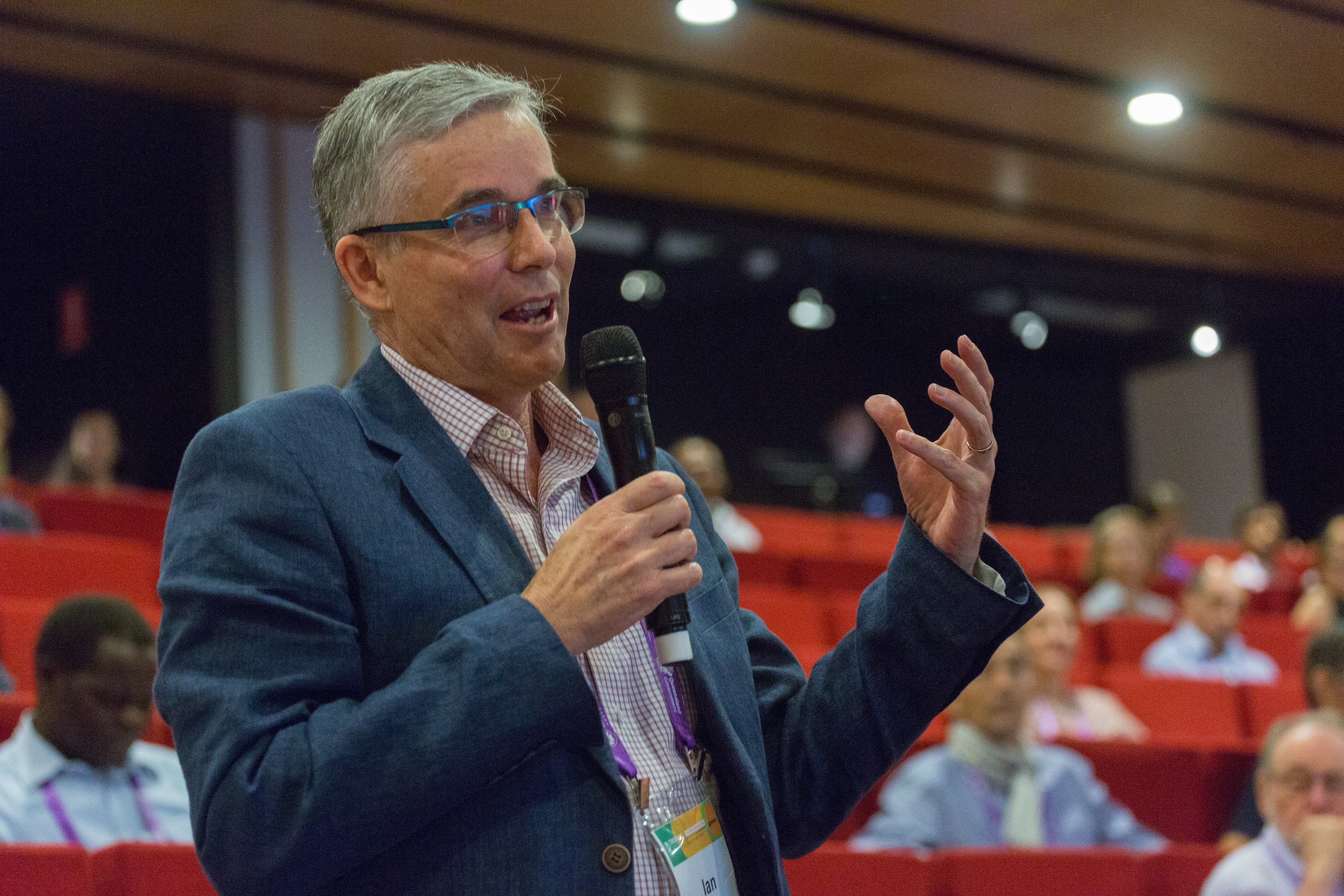Fire and Water. Too much of one and not nearly enough of the other. That's life in Australia and everyone accepts that, especially folks on the land trying to make a living out of agriculture.
I recently flew into Dubbo. The wide brown land was punctuated by the occasional cluster of green circles, with centre pivot irrigation going full bore to provide feed for cattle, and a smattering of vegetable crops.

Working at a University I get to meet and interact with lots of well-informed people. Well-informed about their speciality, but often just as clueless about everything else, regurgitating the latest pile of politically charged data-free opinion they read in their favoured media outlet. Or maybe it's just something that Karen posted on Facebook. There's plenty of finger-pointing at somebody called "Big Irrigators". Even in Dubbo I was astounded when my taxi driver started a rant about irrigation. "Bloody irrigation, they should ban it. Save the water for the rivers". I just nodded and changed the subject to something neutral like climate change (not).
So it seems that irrigators are terrible people, and hence by extension, Big Irrigators are the worst. Like Big Ag. Big Pharma. Big Banks. I've got a confession. I'm an irrigator. Right now I'm irrigating my fruits trees and vegetables on my expansive 400 square metres in suburban Brisbane. Despite my best efforts I know I am wasting a lot of water. Apart from the citrus, my paltry 2019 harvest of one nectarine, two figs, about three kilos of tomatoes and 44 coffee beans (yes, I counted them) was hardly going to keep us self-sufficient.
Harvest protection is my problem. The local possums and king parrots brush aside my intricately engineered barriers and regularly feast on unripe fruit at my expense. At least I'm delivering ecosystem services to the local wildlife in the drought.
Let's pretend we just ban irrigation. What could we eat if we had to rely on dryland agriculture? What's there to eat now Christmas is coming?
Well, there'd be plenty of sorghum, wheat and barley. No more rice or maize. Definitely no potatoes. Forget about salad - even if the tomatoes, lettuce and cucumbers are grown in a glasshouse, irrigation is involved. No more beans or Asian greens. Chickpeas would still be on the menu, but tofu would be off (now there's a blessing).
Fruit? Maybe bananas from the wet tropics, but the Christmas mangoes and cherries would go by the wayside, as would all those delicious summer berries. Dairy would definitely be gone, but maybe some beef, pork and chicken would survive, and wild caught seafood would be ok. The café scene would disappear in the absence of tea, coffee and milk. No wine either, and the beer would have to be made without hops.
Christmas lunch could be seafood, a roast chook, bread with hummus, washed down with whisky. Repeat menu the next day and the next until the sea is fished out and we've all got scurvy.
Ladies and gentlemen, please be upstanding and raise your glasses, and let's give thanks to the irrigators, big and small.
CONTACT: Professor Ian Godwin is the Director of the Centre for Crop Science at the Queensland Alliance for Agriculture and Food Innovation (QAAFI) at the University of Queensland. He is the author of Good Enough to Eat? and Next Generation GM Crops. Email: i.godwin@uq.edu.au
This opinion piece 'What would we eat without irrigation? by Professor Ian Godwin first appeared on Farmonline 26 November 2019.

